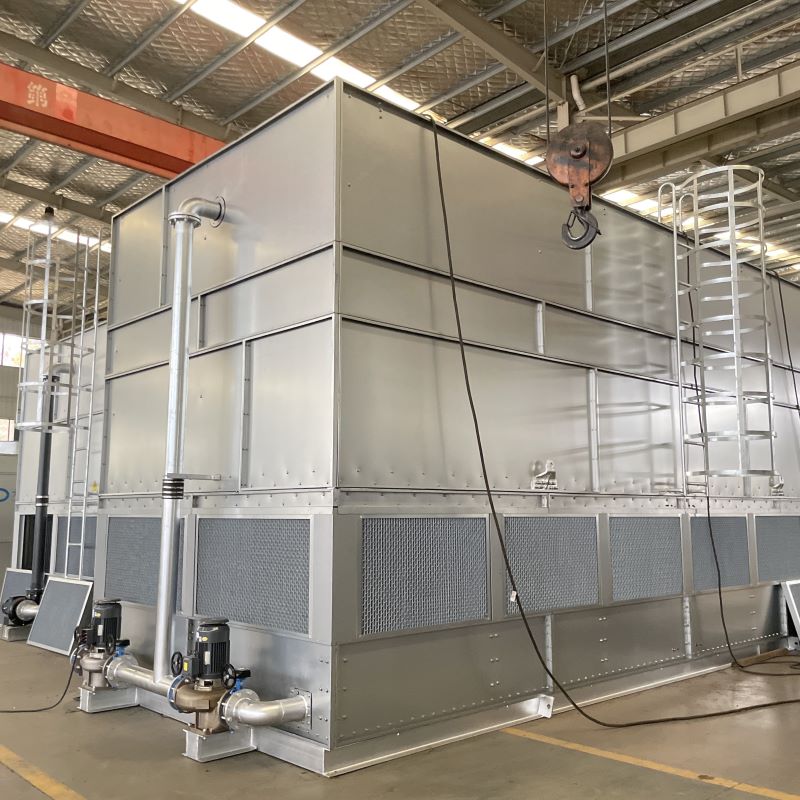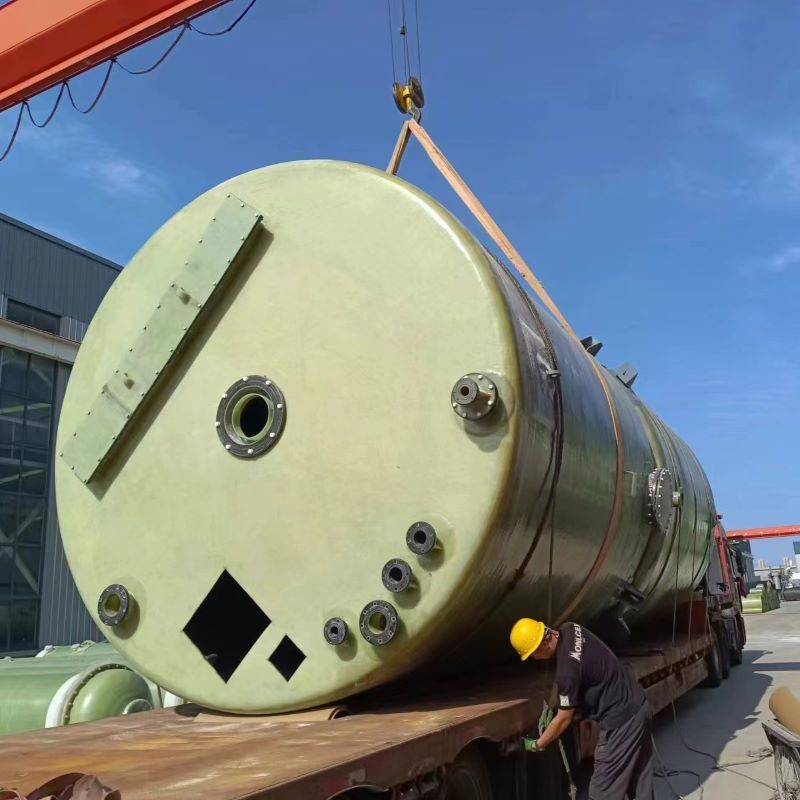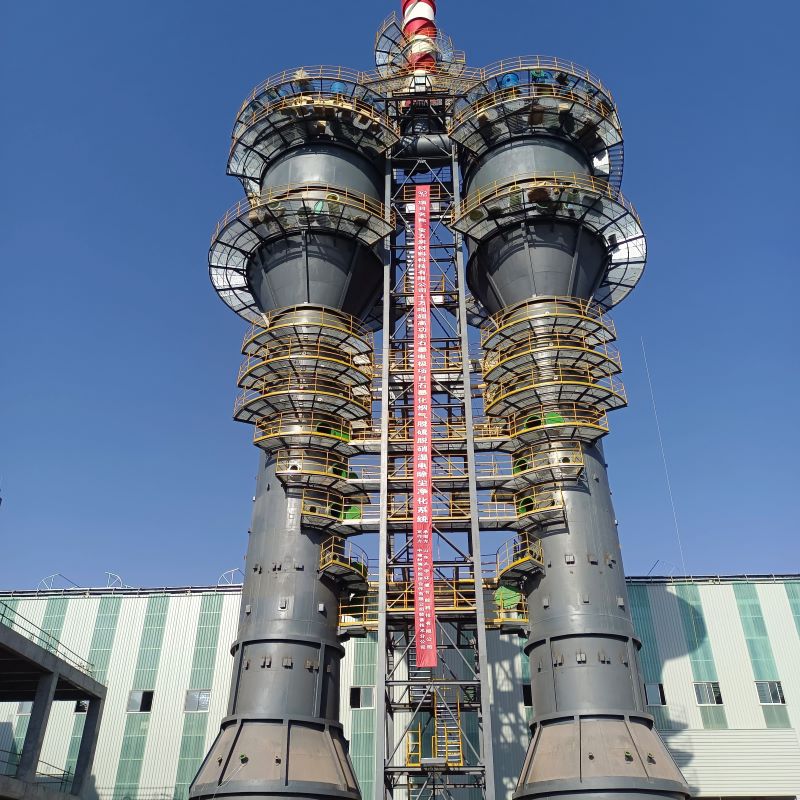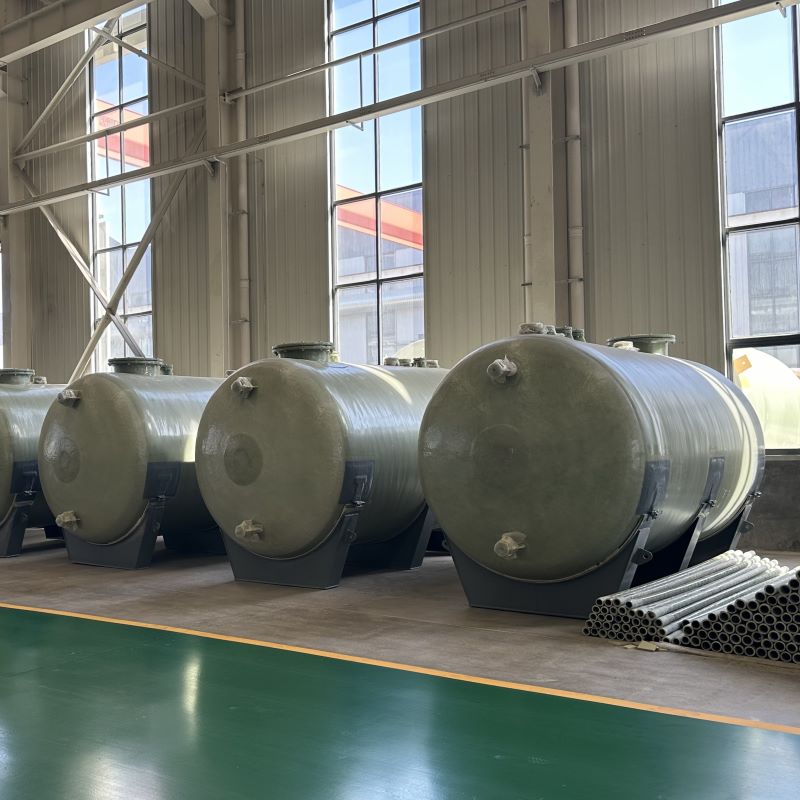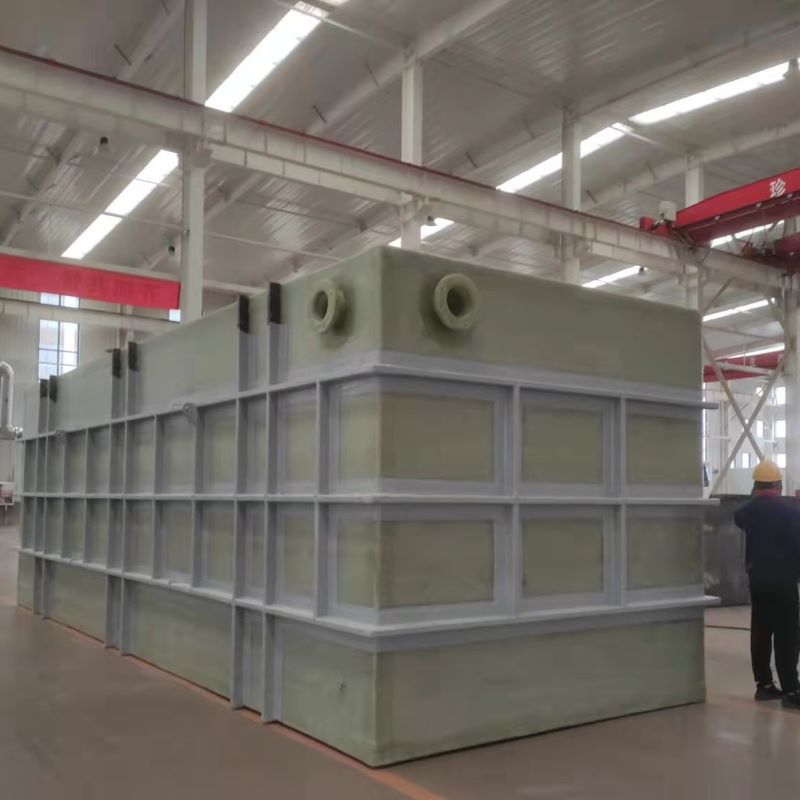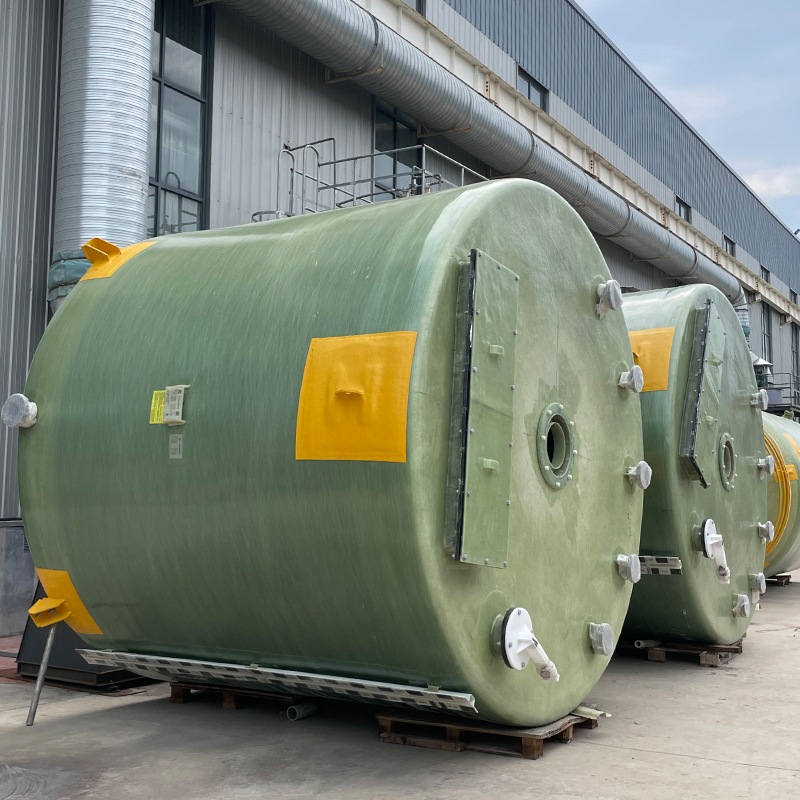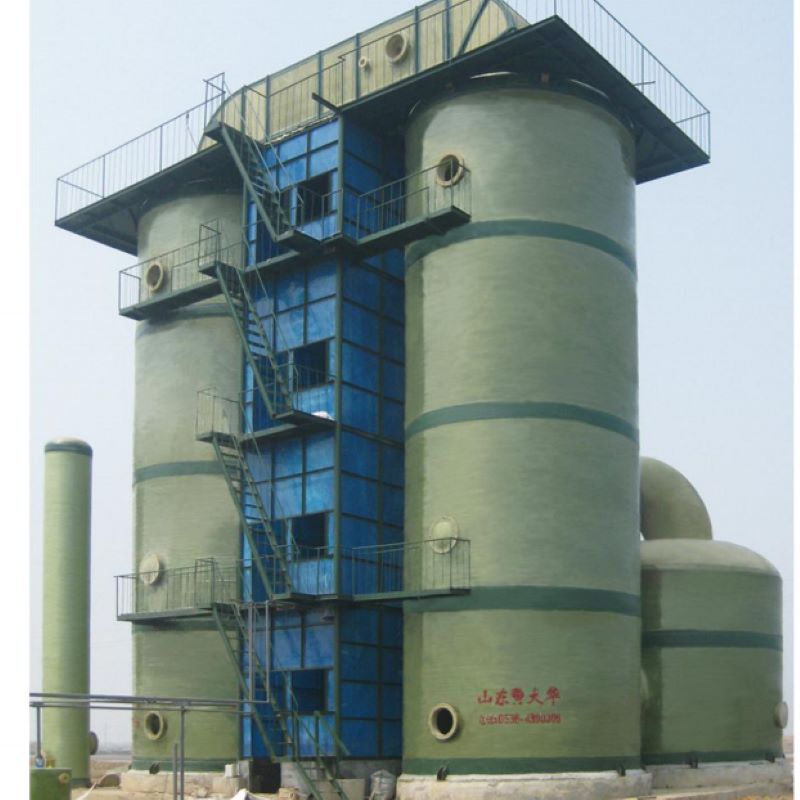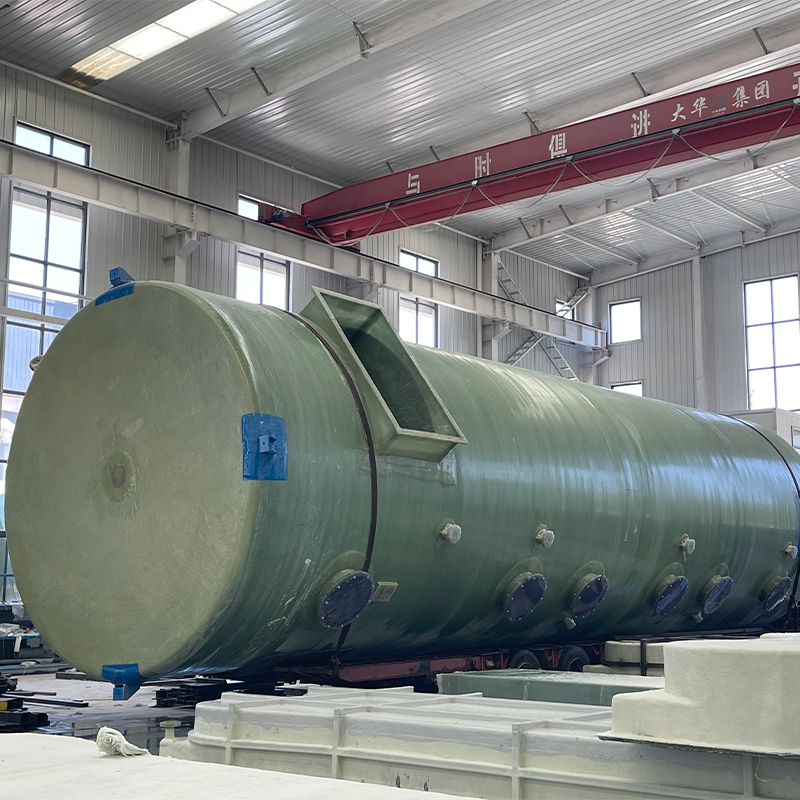
evaporative cooler window unit
The Practical Guide to Evaporative Cooler Window Units
Evaporative cooler window units can be a real game-changer for those living in dry climates. They offer an efficient, eco-friendly way to cool homes without the hefty utility bills associated with traditional air conditioning. Yet, despite their benefits, many homeowners overlook these devices, often due to misunderstandings about their application and efficiency. Let's dive into what makes these units so effective and how best to install and use them.
Understanding Evaporative Cooling
At its core, evaporative cooling leverages the natural process of evaporation to bring down temperatures. When air passes through water-soaked pads in the unit, heat is absorbed, rendering the air cooler as it flows into the living space. It's a simple yet incredibly efficient system, especially in areas with low humidity.
However, one common pitfall is assuming these units work everywhere. They don't. Their performance drops significantly in high-humidity locales. So, it's crucial to assess your region's climate before making an investment in an evaporative cooler window unit.
Another often overlooked aspect is maintenance. Regularly inspecting and replacing the cooling pads ensures optimal performance, while a good cleaning schedule prevents odor and bacteria buildup. These tasks are relatively straightforward but absolutely essential for long-term efficiency.
Installation Insights
I remember my first installation attempt - seemed straightforward enough until I realized the importance of a proper seal. A poorly sealed unit can lead to warm air infiltrating or the unit working double-time to compensate. Take your time during this step. Measure twice, cut once, as they say.
Choosing the right location is also vital. The unit should ideally be placed on a window where the airflow can circulate freely around the house. Some folks make the mistake of placing it in a corner or blocked area, which severely limits its effectiveness.
And think about water supply lines too. Some models connect directly to water pipes, whereas others have reservoirs that need manual refilling. The former is convenient for continuous use, while the latter might offer more flexibility if you're apprehensive about plumbing installations.
Maximizing Efficiency
Once installed, handling the unit with care can significantly boost its lifespan and functionality. Keep windows open in the areas you want cooled; this encourages optimal air circulation. Counterintuitive as it sounds, closing windows strains the system and diminishes cooling efficiency.
Adjusting the unit’s settings based on weather conditions is also recommended. On milder days, setting the fan to a lower speed can conserve energy and extend the unit’s lifespan - there’s no need for full blast if Mother Nature is already lending a hand.
Moreover, be mindful of your home’s insulation. Though less of an issue compared to air conditioners, proper insulation ensures that the cool air produced is maintained within living spaces, not lost through cracks or poorly fitted windows.
The Downsides and Considerations
While I can sing praises about these units, it's crucial to consider potential downsides. Noise can be a factor; although generally quieter than air conditioners, they're not whisper-quiet. Placement can help here - avoid installing near bedrooms if light sleepers are in the house.
Also, water usage can be a concern. With global resources becoming scarcer, constant water use might be a dealbreaker for eco-conscious homeowners despite its energy-saving benefits.
Finally, aesthetics matter. Some units are bulkier than traditional air conditioners, and might not suit everyone's taste. However, many newer models have sleek designs to blend into modern homes.
Conclusion and Final Thoughts
In summary, an evaporative cooler window unit can be an excellent addition to the right home in the right climate. The benefits often outweigh the drawbacks, provided there's proper consideration of climate, installation, and maintenance.
When done right, these systems not only save on energy bills but also offer a more natural cooling method — a win-win for the environment and your wallet. As someone who has experienced both the successes and challenges of these units, I can confidently say they can make a significant difference when appropriately harnessed.
If you're looking for more insights or considering a purchase, companies like those found at Dahua Group offer a range of options to explore. Their expertise can guide you through the selection and installation process.
Соответствующая продукция
Соответствующая продукция
Самые продаваемые продукты
Самые продаваемые продуктыСвязанный поиск
Связанный поиск- China energy efficient evaporative cooler factory
- Best FRP Mixing Tank Price product
- high quality Vertical FRP Hydrochloric Acid Tank factory
- Best top evaporative coolers Manufacturer
- Collection Tube Producer product
- high quality rectangular frp tank exit
- evaporative cooler stand exit
- high quality Wet electrostatic precipitator price
- OEM evaporative cooler tower fan exit
- China FRP Storage Tank Manufacturer





